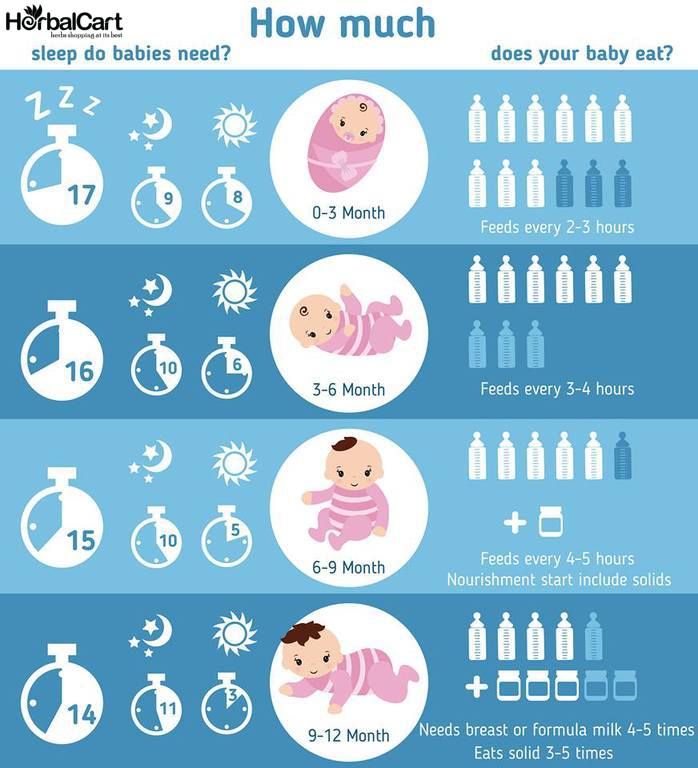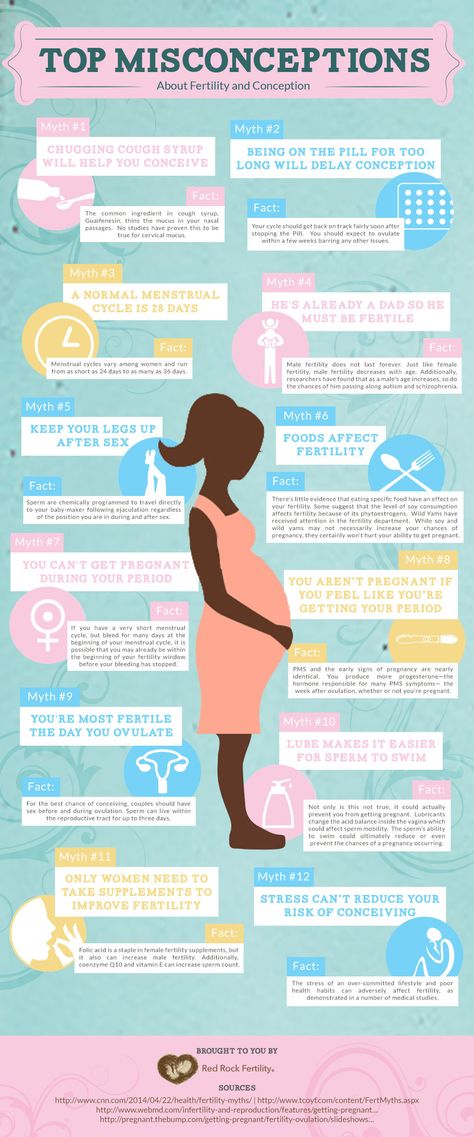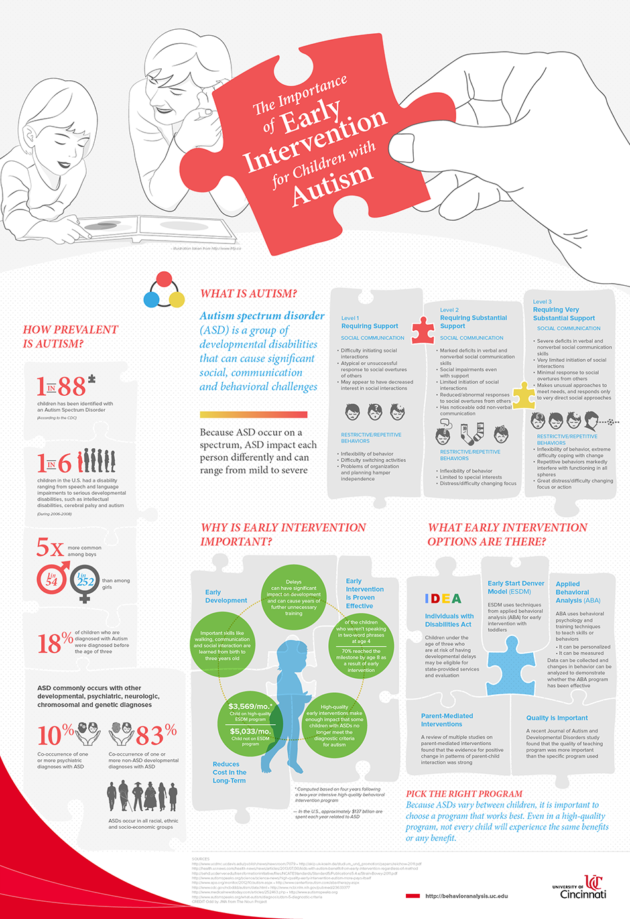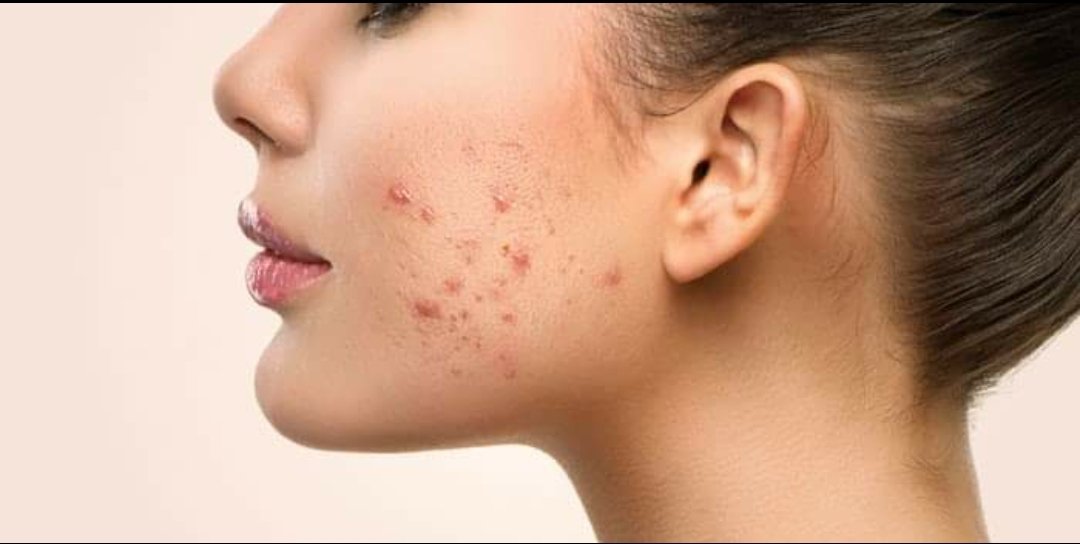Why is my belly itching when pregnant
Itching and intrahepatic cholestasis of pregnancy
Itching is common in pregnancy. Usually it's thought to be caused by raised levels of certain chemicals in the blood, such as hormones.
Later, as your bump grows, the skin of your tummy (abdomen) is stretched and this may also feel itchy.
However, itching can be a symptom of a liver condition called intrahepatic cholestasis of pregnancy (ICP), also known as obstetric cholestasis (OC).
ICP needs medical attention. It affects 1 in 140 pregnant women in the UK.
Symptoms of ICP
The main symptom is itching, usually without a rash. For many women with ICP, the itching is often:
- more noticeable on the hands and feet, but can be all over the body
- worse at night
Other symptoms can include:
- dark urine
- pale poo
- yellowing of the skin and whites of the eyes (jaundice), but this is less common
Symptoms of ICP typically start from around 30 weeks of pregnancy, but it's possible to develop the condition as early as 8 weeks.
Non-urgent advice: Call your midwife or GP if you have itching that's:
- mild or distressing, possibly worse at night
- anywhere on your body, but may be worse on the palms of your hands and soles of your feet
Feeling itchy like this can be a sign of ICP and needs to be checked.
Mild itching
Wearing loose clothes may help prevent itching, as your clothes are less likely to rub against your skin and cause irritation.
You may also want to avoid synthetic materials and opt for natural ones, such as cotton, instead. These are "breathable" and allow the air to circulate close to your skin.
You may find having a cool bath or applying lotion or moisturiser can help soothe the itching.
Some women find that products with strong perfumes can irritate their skin, so you could try using unperfumed lotion or soap.
Mild itching is not usually harmful to you or your baby, but it can sometimes be a sign of a more serious condition, particularly if you notice it more in the evenings or at night.
Let your midwife or doctor know if you are experiencing itching so they can decide whether you need to have any further investigations.
Intrahepatic cholestasis of pregnancy
Intrahepatic cholestasis of pregnancy (ICP) is a potentially serious liver disorder that can develop in pregnancy.
Normally, bile acids flow from your liver to your gut to help you digest food.
In ICP, the bile acids do not flow properly and build up in your body instead. There's no cure for ICP, but it should go once you've had your baby.
ICP seems to run in families, but it can happen even if there is no family history. It is more common in women of south Asian origin, affecting around 1 in 70 to 80 pregnancies.
It is more common in women of south Asian origin, affecting around 1 in 70 to 80 pregnancies.
If you have had ICP in a previous pregnancy, you have a high chance of developing it again in another pregnancy.
Some studies have found that babies whose mothers have ICP have a higher chance of being born prematurely or stillborn.
Because of the link with stillbirth, you may be offered induction of labour. This could be any time from 35 weeks, depending on the level of bile acids in your blood.
If you have ICP, you will probably be advised to give birth in hospital under a consultant-led maternity team.
Diagnosis and treatment of ICPICP is diagnosed by excluding other causes of the itch. Your doctor will probably talk to you about your medical and family history and order a variety of blood tests.
These will include tests to check your liver function (LFT) and measure your bile acid levels (BA).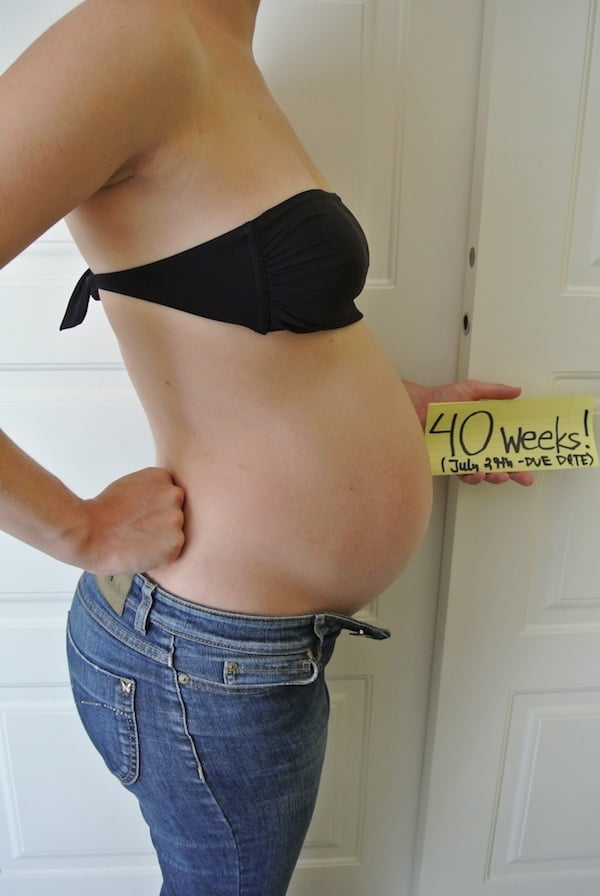
If you are diagnosed with ICP, you will have regular liver function tests so your doctor can monitor your condition.
There is no agreed guideline on how often these tests should happen, but the Royal College of Obstetricians & Gynaecologists (RCOG) and the British Liver Trust advise weekly tests.
ICP Support, the UK's largest research group investigating ICP, also recommends weekly bile acid measurements. These readings help doctors recommend when your baby should be born.
If your LFTs and bile acids are normal and you continue to have severe itching, the blood tests should be repeated every week or 2, to keep an eye on them.
Creams and medicines for ICPCreams, such as aqueous cream with menthol, are safe to use in pregnancy and can provide some relief from itching.
There are some medicines, such as ursodeoxycholic acid (UDCA), that help reduce bile acids and ease itching.
UDCA is considered safe to take in pregnancy, although it is prescribed on what is known as an "informed consent" basis as it has not been properly tested in pregnancy.
You may also be offered a vitamin K supplement. This is because ICP can affect your absorption of vitamin K, which is important for healthy blood clotting.
Most experts on ICP only prescribe vitamin K if the mother-to-be reports pale stools, has a known blood clotting problem, or has very severe ICP from early in pregnancy.
If you are diagnosed with ICP, your midwife and doctor will discuss your health and your options with you.
Further information
The Royal College of Obstetricians & Gynaecologists (RCOG) has more information about obstetric cholestasis, including what it means for you and your baby, and the treatment that's available. You can also get information about ICP from the British Liver Trust.
You can also get information about ICP from the British Liver Trust.
The charity ICP Support provides information about ICP. You can also watch their video about ICP featuring mums and clinical experts.
Community content from HealthUnlockedItchy Belly Button During Pregnancy: Causes and Treatment
When you’re pregnant for the first time, you may expect the common pregnancy-related symptoms you’ve heard about, like morning sickness, weight gain, swollen ankles… maybe even heartburn. What you might not expect is an itchy belly or an itchy belly button.
But as many formerly pregnant people can tell you, itchiness, or pruritus, during pregnancy is a lot more common than you might realize. Here’s why you may have an itchy belly or navel — and what you can do about it.
Skin stretching
It’s pretty amazing how far the skin on your belly will stretch by the time you reach full term.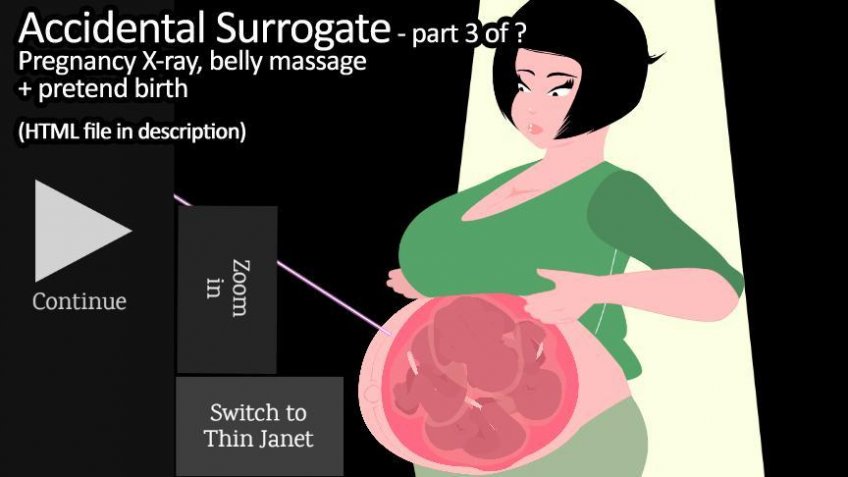 In fact, you might start noticing a series of red or pink stripes developing across your abdomen as your skin stretches to accommodate your growing uterus. Stretch marks are also common on the breasts, thighs, and buttocks during pregnancy.
In fact, you might start noticing a series of red or pink stripes developing across your abdomen as your skin stretches to accommodate your growing uterus. Stretch marks are also common on the breasts, thighs, and buttocks during pregnancy.
The heavy-duty stretching can stretch the thin skin around your belly button, too. This may cause it to become itchy, or even irritated or painful.
Dry skin
Dry skin is also a common culprit of itchy skin anywhere on the body, including your burgeoning belly. Many pregnant people experience dry skin as a result of hormone changes that cause skin to lose some moisture and elasticity. You might also notice some flaking of the skin, too.
There are other possible medical conditions that could leave you scratching your belly. Some are benign, if annoying, but at least one is very serious.
Pruritic urticarial papules and plaques of pregnancy (PUPPP)
The name of this condition is a mouthful to say, but the itch that it causes is the most memorable thing about it.
Pruritic urticarial papules and plaques of pregnancy (PUPPP) — often called pregnancy rash or erythema of pregnancy — causes small red bumps and hives to develop on your skin in the later months of pregnancy. The bumps can create patches or plaques on your abdomen that itch intensely. The plaques may also spread over your thighs and buttocks.
PUPPP affects about 1 in 160 pregnancies, with research suggesting that it’s most common in the third trimester of first pregnancies or right after delivery.
The good news: PUPPP is benign and usually resolves soon after pregnancy. In the meantime, however, you can apply a topical corticosteroid to the itchy areas, along with cool compresses and oatmeal baths. If a really large area of skin is affected, however, your doctor might suggest a systemic glucocorticoid to knock out the itching.
Pemphigoid gestationis
This pregnancy-related autoimmune disorder is pretty rare — affecting about 1 in every 40,000 to 50,000 pregnancies — but it can be frustrating if you develop it. It causes a very itchy rash on your abdomen and torso.
It causes a very itchy rash on your abdomen and torso.
Pemphigoid gestationis can begin at any time during pregnancy, but it’s more likely in the second or third trimester. It tends to start with a series of red bumps on your torso that may spread to other areas, and many people also develop fluid-filled blisters in the affected areas.
This condition happens because autoantibodies, known as immunoglobulin type G (IgG) autoantibodies, attack your body’s own tissues, creating inflammation and a build-up of fluid in between layers of the skin.
While the extreme itching tends to spontaneously end after you deliver your baby, you might really want some relief from the itching before you get to that point. Your doctor may start out by prescribing topical corticosteroids to apply to the affected area, and you might also be able to take an oral antihistamine to help relieve the itching.
Intrahepatic cholestasis of pregnancy
Cholestasis of pregnancy usually starts with extreme itching on the hands and feet, but the itching may spread to other parts of your body, including your abdomen.
Unfortunately, it’s not just an annoying itchy condition. It’s a condition that prevents your liver from releasing bile, which normally helps break down the foods you eat during digestion. As a result, bile builds up in your liver and then spills out into your bloodstream, causing itchiness.
One unique hallmark of this condition: There’s no visible rash associated with it. If you notice that you’re experiencing a lot of itchiness, but there is no rash in sight, you might have cholestasis of pregnancy. Don’t just slather on some moisturizer or take an antihistamine, though. Call your doctor, because intrahepatic cholestasis of pregnancy is associated with a greater risk of premature delivery, fetal distress during delivery, and stillbirth.
Besides itching, other warning signs of cholestasis include light-colored stools and a yellow tinge, or jaundice, of the skin, whites of the eyes, or mucous membranes. You may need a drug called ursodiol to reduce the level of bile in your blood, and your doctor will want to closely monitor your baby for possible complications or signs of early labor.
Cholestasis of pregnancy resolves after your baby is born.
Oh, the itch! If the itchiness is just driving you up a wall — and let’s face it, who could blame you? — there are a few remedies that you can try:
- Moisturizer. Apply a thick layer of a heavy moisturizer to your entire belly to help with itching from dry skin. A great time to rub a big dollop of lotion into your skin is right after a bath or shower.
- Tepid showers or baths. If you’re scrunching your nose up at the idea of a lukewarm shower, take heart. Hot water is notorious for drying out skin, but tepid water won’t have the same effect. Use a mild cleanser that won’t irritate your skin and pat your skin dry afterward.
- Oatmeal baths. Experts often suggest tossing a handful of colloidal oatmeal into the bathtub with warm or lukewarm water as a strategy for treating an eczema flare-up. It might help your pregnancy-induced itching, too. Add the oatmeal to the running water, then soak for 10 to 15 minutes.
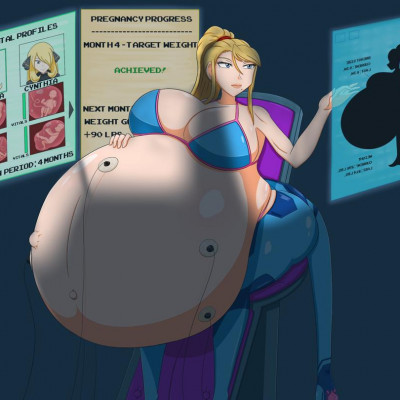
- Cool compresses. Cool compresses are another go-to strategy for easing the discomfort of an eczema flare-up or itchy skin on your abdomen.
- Topical corticosteroids. An over-the-counter product like hydrocortisone may reduce some itching. Check in with your doctor before applying a topical steroid cream to your belly, though it may be what your doctor ultimately recommends.
- Antihistamines. An oral antihistamine may be just the ticket for temporarily reducing the itch factor, but as with any new medication, make sure your doctor is on board first.
The first thing to know is that an itchy belly or itchy belly button during pregnancy isn’t necessarily a cause for alarm. It’s likely one of those temporary things that you’re dealing with while you decorate the nursery and wash all those onesies in preparation for the upcoming birth.
However, it’s still a good idea to check with your doctor just in case. They’ll want to know if you’re experiencing any other symptoms that might indicate a more serious condition, such as cholestasis of pregnancy.
They’ll want to know if you’re experiencing any other symptoms that might indicate a more serious condition, such as cholestasis of pregnancy.
As your pregnant belly grows and the skin stretches, some discomfort and itching are perhaps to be expected. If you notice other symptoms, or if the itch is unbearable, definitely let your doctor know.
Why does the skin itch during pregnancy?
Skin itching during pregnancy is not a very common phenomenon. Most often, the skin begins to itch unbearably (as after mosquito bites) in the evening, closer to night, which can provoke insomnia and generally worsen a woman’s mood. Usually itching does not harm the baby and goes away after childbirth. However, it is still worth consulting with a gynecologist and dermatologist.
What does it come from?
The cause of itching during pregnancy in most cases is a violation of the liver: the production and outflow of bile, a general increase in the level of bilirubin in the blood. This is due to a hormonal failure in the body of the future mother - a violation of the synthesis of estrogens, as well as due to fetal pressure on the bile ducts. The fatty acids produced in large quantities enter the woman's skin with the bloodstream and irritate the nerve endings, causing excruciating itching. Similar phenomena associated with stagnation of bile in the body can make themselves felt in the third trimester of pregnancy. Sometimes itching is accompanied by such dangerous diseases as diabetes mellitus.
This is due to a hormonal failure in the body of the future mother - a violation of the synthesis of estrogens, as well as due to fetal pressure on the bile ducts. The fatty acids produced in large quantities enter the woman's skin with the bloodstream and irritate the nerve endings, causing excruciating itching. Similar phenomena associated with stagnation of bile in the body can make themselves felt in the third trimester of pregnancy. Sometimes itching is accompanied by such dangerous diseases as diabetes mellitus.
Who is predisposed?
Itching during pregnancy is usually observed in women with chronic diseases of the biliary tract and with high levels of cholesterol in the blood. Such future mothers need to regularly (at least once a month) do a biochemical blood test to exclude toxic effects on liver cells.
How to fight?
A pregnant woman should tell her gynecologist about the discomfort associated with skin itching. In some cases, itching can be a sign of the development of such a dangerous disease as hepatitis. The doctor will conduct appropriate examinations. If, according to an objective examination, itching does not pose any danger, it is often possible to get rid of discomfort simply by following a diet aimed at lowering cholesterol levels, limiting the intake of fatty, spicy and salty foods that prevent the liver from coping with the function of bile secretion, as well as drinking plenty of water - it is necessary to eliminate dry skin. If the diet does not help, the doctor may prescribe choleretic drugs suitable for pregnant women.
The doctor will conduct appropriate examinations. If, according to an objective examination, itching does not pose any danger, it is often possible to get rid of discomfort simply by following a diet aimed at lowering cholesterol levels, limiting the intake of fatty, spicy and salty foods that prevent the liver from coping with the function of bile secretion, as well as drinking plenty of water - it is necessary to eliminate dry skin. If the diet does not help, the doctor may prescribe choleretic drugs suitable for pregnant women.
It is important to find the cause of the bothersome itching, eliminating a whole group of skin diseases that can occur during pregnancy.
Itching in the abdomen and chest
This itch is worth mentioning separately. As a rule, the skin on the abdomen or chest itches in the second and third trimesters due to its stretching, because it is these parts of the body that increase in volume during pregnancy. In this case, it is very important not to scratch the skin - this will lead to the appearance of stretch marks, which, unlike itching, will not go away after childbirth. Regularly use moisturizing creams, special products for stretch marks, do a light massage of the chest and abdomen with circular movements of your fingers and do not take hot showers.
Regularly use moisturizing creams, special products for stretch marks, do a light massage of the chest and abdomen with circular movements of your fingers and do not take hot showers.
You can get answers to any questions about pregnancy and childbirth from leading EMC experts in the classes of the School of Moms.
Subscribe to our Instagram. You will find useful information about pregnancy and childbirth from leading EMC obstetricians and gynecologists.
Itchy abdomen during pregnancy
Does it itch during pregnancy? This is a common complaint of so many women in position. Moreover, not only the stomach can itch, but also other places. Sometimes this itching is so unbearable that it interferes with normal sleep.
Let's find out what causes this itch and what can be done about it.
During pregnancy, a woman's body undergoes strong changes both on the physical plane - an increase in the breast and abdomen, and on the hormonal plane. All this will certainly affect the condition of the skin. On the one hand, it is mechanically stretched by the uterus growing inside (or “waking up” mammary glands, if we are talking about breasts). On the other hand, “pregnant” hormones negatively affect the production of elastin and collagen, which are responsible for skin firmness and elasticity. It becomes dry, prone to peeling, loses its ability to stretch without consequences. Paradoxical, but true. The skin has to stretch, and the production of substances responsible for "painless" stretching is reduced. The cells do not withstand, and as a result, we observe small stripes - stretch marks or striae.
All this will certainly affect the condition of the skin. On the one hand, it is mechanically stretched by the uterus growing inside (or “waking up” mammary glands, if we are talking about breasts). On the other hand, “pregnant” hormones negatively affect the production of elastin and collagen, which are responsible for skin firmness and elasticity. It becomes dry, prone to peeling, loses its ability to stretch without consequences. Paradoxical, but true. The skin has to stretch, and the production of substances responsible for "painless" stretching is reduced. The cells do not withstand, and as a result, we observe small stripes - stretch marks or striae.
Note that itching of the skin of the abdomen and the appearance of stretch marks are two completely different processes, and the presence of itching does not at all mean that stretch marks will appear soon, just as the appearance of stretch marks is not always preceded by itching.
During pregnancy, a woman's body actively stores fat, because it contains a storehouse of useful substances for future milk. This process is completely normal and physiologically determined. And if a woman was very thin before pregnancy, then the resulting fat can “stretch” her skin in completely different places. That is why, in addition to the abdomen and chest, the hips can itch, especially the inner side, sides, buttocks, and sometimes even the shoulders and forearms.
This process is completely normal and physiologically determined. And if a woman was very thin before pregnancy, then the resulting fat can “stretch” her skin in completely different places. That is why, in addition to the abdomen and chest, the hips can itch, especially the inner side, sides, buttocks, and sometimes even the shoulders and forearms.
So, let's look at the main reasons why the skin of the abdomen itches during pregnancy, and think about what can be done about it.
1. The most common cause of abdominal itching during pregnancy is a very rapid increase in the uterus and other parts of the body, in which the skin does not have time to adjust and stretch without consequences. In this case, to relieve itching, and at the same time to some extent prevent the appearance of stretch marks, timely moisturizing and massage of the skin will help. Eliminate the use of shower gel and soap, cleanse the skin with plain water. Massage can be performed in the shower with a medium-hard washcloth, or you can use a soft brush for dry massage.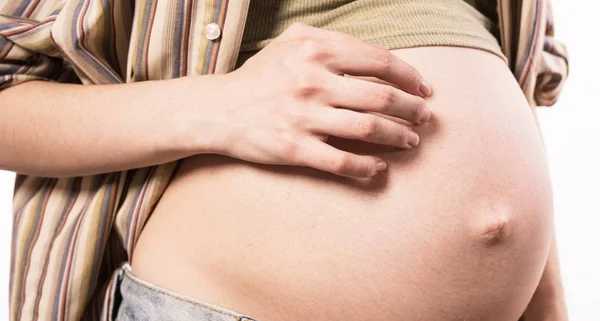 It is important that all these procedures should bring only pleasant sensations, there should be no pain. Moisturize your skin with olive oil. This natural product has proven itself hundreds of years ago. Some women find it helpful to use talc-based baby powder. Choose one that is fragrance-free. There are also specialized creams for stretch marks, but their effectiveness has not been proven. In women who used them during pregnancy, stretch marks appeared with the same frequency as in those who did not use them.
It is important that all these procedures should bring only pleasant sensations, there should be no pain. Moisturize your skin with olive oil. This natural product has proven itself hundreds of years ago. Some women find it helpful to use talc-based baby powder. Choose one that is fragrance-free. There are also specialized creams for stretch marks, but their effectiveness has not been proven. In women who used them during pregnancy, stretch marks appeared with the same frequency as in those who did not use them.
2. The next cause of abdominal itching during pregnancy is mechanical irritation. This includes a reaction to washing powders and fabric softeners; tight, tight clothing; synthetic, non-breathable fabrics. Choose for washing only the most natural and environmentally friendly products. Choose clothes according to size, and preferably loose. Avoid overheating - sweat begins to irritate the already delicate skin, causing additional discomfort. For the same reason, preference should be given to clothing and underwear made from natural fabrics that can pass air and moisture.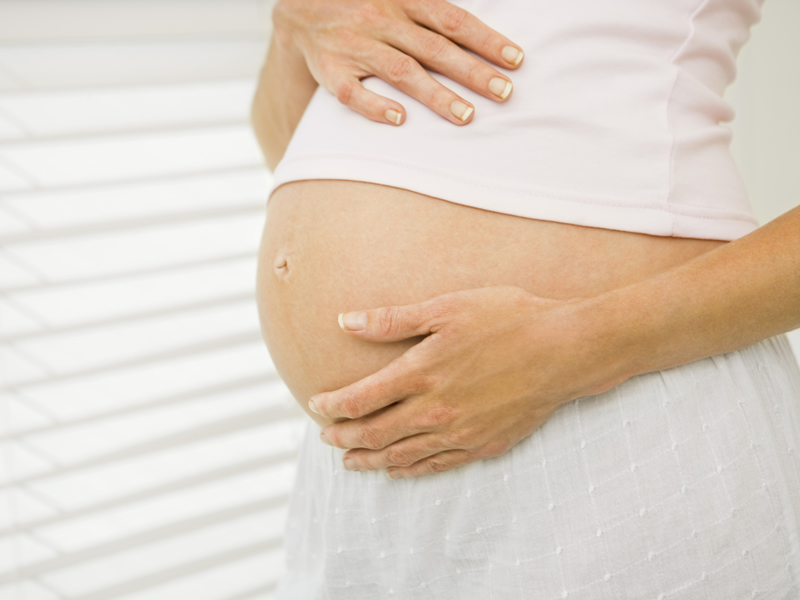
Delicate loose shirt for pregnant and nursing women will not disturb sensitive skin. Article 1-NMP 17502
Thin, pleasant to the body cotton shirt for pregnant and lactating women. Article 1-NMP 07501
Comfortable shirt for pregnant and lactating women with a secret for feeding. Article 1-NMP 23901
3. Another non-obvious cause of itching, which can occur during pregnancy, is an allergy. Even if a woman was not allergic before pregnancy, this reason should not be excluded from the list of possible ones. In this case, it is important not only to change all washing and detergents to environmentally friendly, and clothes and linen to cotton or linen, but also to minimize the use of cosmetics, creams and other skin care products. Itching can be a reaction even to those remedies that a woman used without consequences before pregnancy. Also, delay eating exotic fruits and foods, because food allergies can also cause itching.
4. The most unpleasant and dangerous cause of abdominal itching during pregnancy is diseases of the internal organs, in particular, the liver. If itching is not limited to places that increase due to pregnancy, especially if the back, hands and feet itch regularly and quite noticeably, you should immediately consult a doctor to exclude such unpleasant diseases as pancreatitis, hepatitis, preeclampsia, cholecystitis and cholestasis.
No matter for what reason your stomach itches, there are general rules that are useful for every pregnant woman to follow in order to maximize her health and well-being, and so that the baby grows up as healthy as possible.
The first thing you should pay close attention to is the nutrition and drinking regimen of a pregnant woman. The condition of the skin directly depends on how healthy the woman's body is as a whole. And any skin manifestations, whether it be acne, blackheads, excessive oiliness of the skin or its dryness, are regulated by nutrition.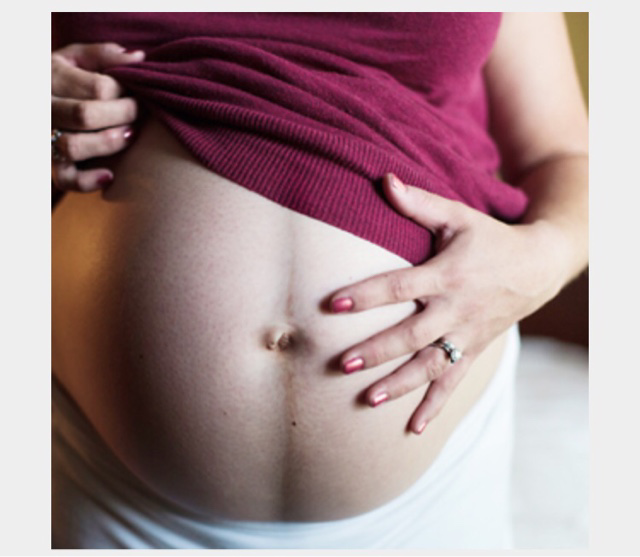 No need to start using acne remedies, because with the help of rashes, the body gets rid of something unnecessary. Better regulate your diet by eliminating all refined foods (in particular, white flour and sugar), and increase your intake of pure water, and then you will see how the skin clears itself. Foods rich in vitamins A and E will give the skin more elasticity and reduce itching. Raw carrot salad with an apple is a storehouse of nutrients for a future mother. Raw vegetables are not only rich in vitamins and minerals, they cleanse the intestines well and regulate stools, which is very important during pregnancy.
No need to start using acne remedies, because with the help of rashes, the body gets rid of something unnecessary. Better regulate your diet by eliminating all refined foods (in particular, white flour and sugar), and increase your intake of pure water, and then you will see how the skin clears itself. Foods rich in vitamins A and E will give the skin more elasticity and reduce itching. Raw carrot salad with an apple is a storehouse of nutrients for a future mother. Raw vegetables are not only rich in vitamins and minerals, they cleanse the intestines well and regulate stools, which is very important during pregnancy.
The second is physical activity and sleep. How active a pregnant woman leads a lifestyle directly affects her metabolism, which means her health in general, which will certainly affect her well-being. Light physical activity every day, walks, fresh air and sunbathing in moderation have a very beneficial effect. The expectant mother needs to sleep in sufficient quantities, and the sleeping room must be ventilated. It is best to sleep with the window ajar, even in winter. To have a constant supply of oxygen. Being in a stuffy room provokes many health problems: the quality of sleep decreases, fatigue and weakness appear.
Comfortable maternity and breastfeeding tank top gently holds the breast without squeezing it. Article 1-NMP 09702
Nursing bra makes breastfeeding easy. Article 1-НМ 9733
T-shirt for pregnant women and nursing mothers made of cotton perfectly passes air and absorbs excess moisture. Article 1-NMP 22002
The third is the exclusion from use of non-ecological detergents, cleaning products, as well as soaps, shampoos, deodorants, cosmetics, creams, air fresheners and everything that a pregnant woman has contact with. Studies were conducted on cord blood taken from newborns, and substances from household chemicals and cosmetics used by a pregnant woman were found in it. These studies prove that the uteroplacental barrier is not as "strong" as some people think. And that it is very important for the expectant mother to ensure that contact with any kind of non-environmentally friendly means in everyday life is minimized, which will help prevent possible health problems in the child in the future. Separately, it is worth noting the harm from hair dyes and nail polishes, mainly from inhalation of their vapors.
These studies prove that the uteroplacental barrier is not as "strong" as some people think. And that it is very important for the expectant mother to ensure that contact with any kind of non-environmentally friendly means in everyday life is minimized, which will help prevent possible health problems in the child in the future. Separately, it is worth noting the harm from hair dyes and nail polishes, mainly from inhalation of their vapors.
The fourth thing worth paying attention to is skin care, including the belly and chest. Arrange more often water procedures, contrast douches, ice massage. Pregnancy is a very favorable time to switch from chemical skin care products to natural ones. Oils - olive, almond, avocado and others - are indispensable helpers in skin care. Infusions of medicinal herbs - chamomile, string, birch leaves, sage - have also proven themselves well. You can wipe the skin with them, or you can freeze them, so that later you can use ice cubes with medicinal herbs.


